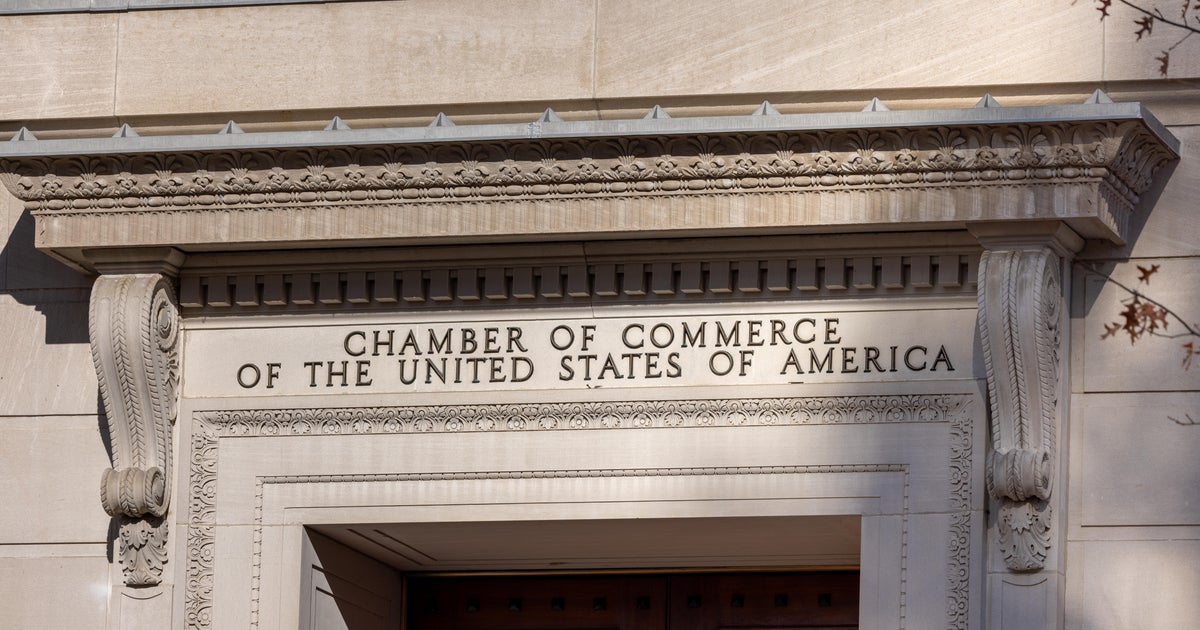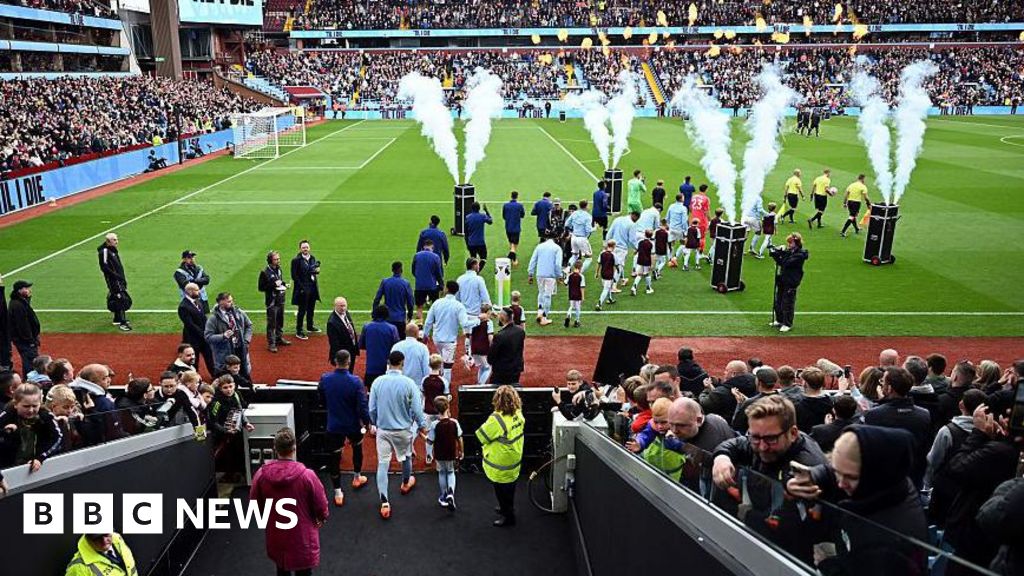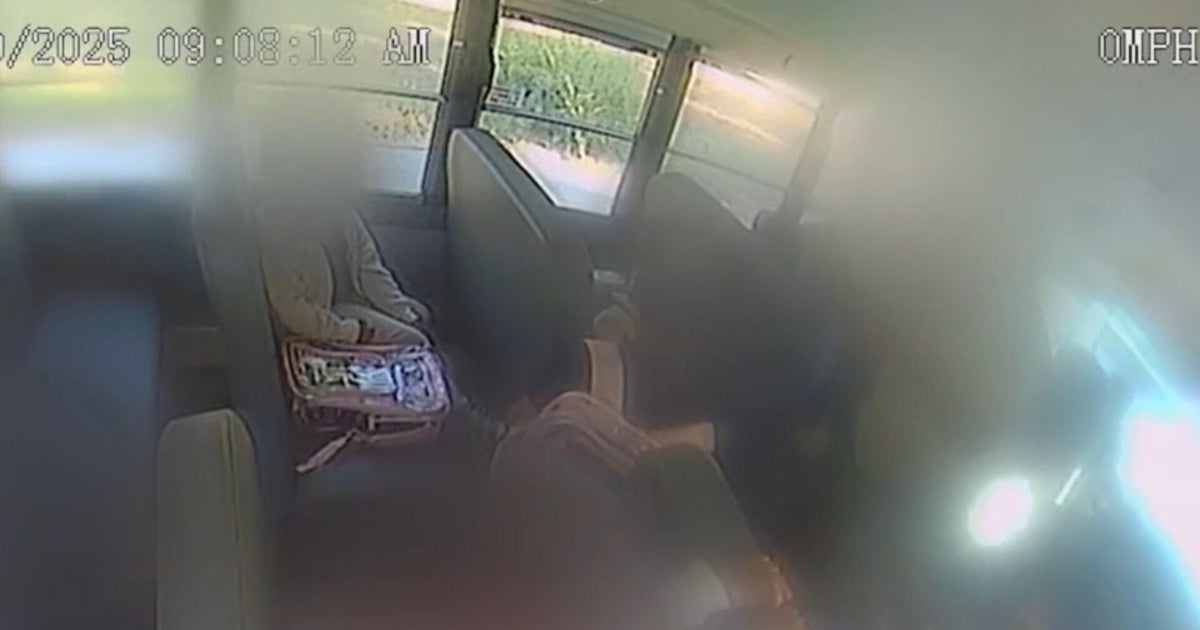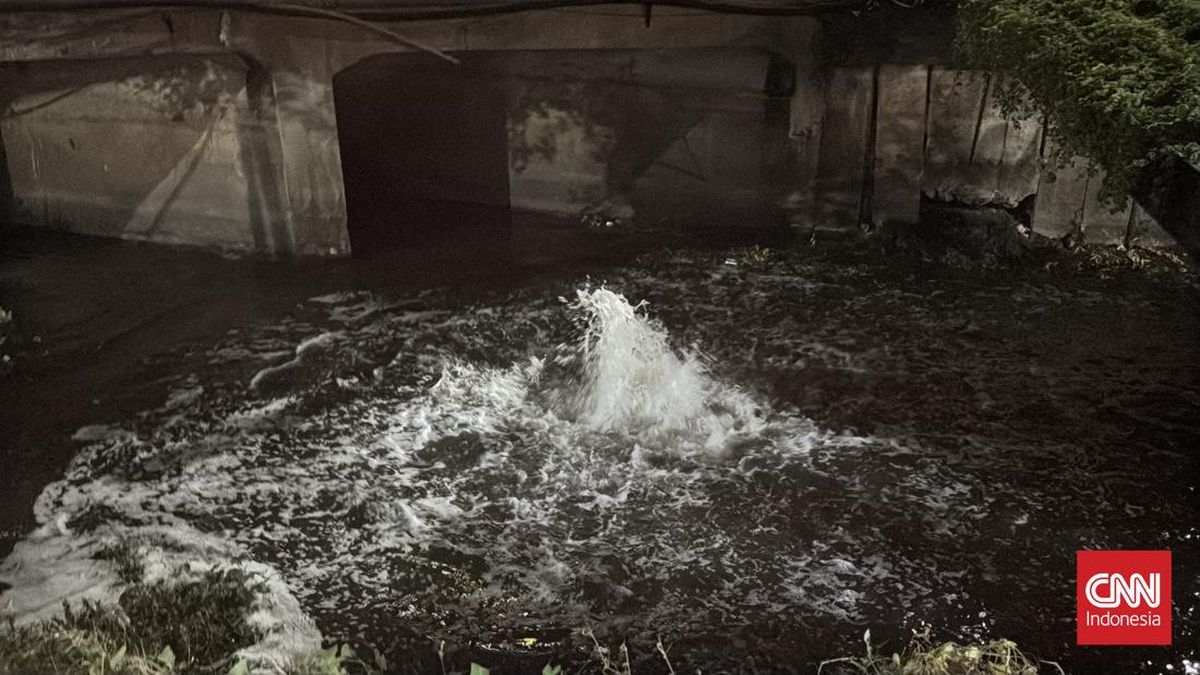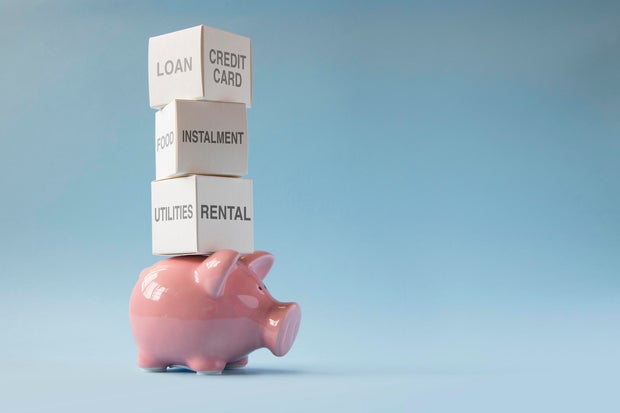 While settlement can work well for unsecured debts, there are entire categories that debt settlement can't touch.
Twomeows/Getty Images
While settlement can work well for unsecured debts, there are entire categories that debt settlement can't touch.
Twomeows/Getty Images
When your debts pile up, the idea of settling them for less than you owe can be incredibly appealing. Instead of paying every penny of the balance, enrolling in a debt settlement program lets you work with an expert to negotiate with your creditors for less, and often reduces your balances by 30% to 50% or more. That can provide you with serious relief from your high-rate debt problems, and for many people, it's also a way to escape the cycle of minimum payments and spiraling interest without resorting to bankruptcy.
But while debt settlement can be a great solution for the right borrower, the reality is that it isn't a great solution for every situation. For example, while it can work well for certain types of unsecured debts, like credit card balances or personal loans, there are entire categories of debt that settlement companies can't touch. And, if those debts make up a big chunk of what you owe, you'll probably need to consider the alternative strategies available to you.
That's why understanding these exclusions is essential before enrolling in a program. Otherwise, you may wind up with unresolved obligations or find yourself in a worse financial position than when you started. So, what types of debts typically can't be included in a debt settlement plan? Below, we'll detail what to know.
Find out what debt relief solutions are available to you now.
What types of debts do not qualify for debt settlement?
The debts that typically can't be settled fall into two main categories: those backed by government authority and those secured by collateral. Here are the types of debts that are typically excluded under these categories:
Secured debts (like mortgages and auto loans)
If a loan is backed by collateral, like a house or car, settlement usually isn't an option. That's because lenders have the option to repossess or foreclose on the collateral if you fall behind, meaning that some or all of the balance can be recouped by taking those steps. So, instead of negotiating a lump-sum payoff, secured lenders typically want you to catch up on payments, refinance or face repossession or foreclosure.
For example, if you stop making your car loan payments, the lender can repossess the vehicle and sell it. Similarly, if you fall behind on a mortgage, foreclosure becomes a risk. Debt settlement companies generally can't intervene in these situations.
Learn how to resolve your debt problems today.
Student loans
Federal student loans are generally not eligible for traditional debt settlement programs. These loans generally aren't secured, but the government has its own repayment plans, deferment options and forgiveness programs, and federal law makes it extremely difficult to settle these debts for less than what's owed.
Private student loans can, in certain cases, be negotiated, but many lenders are reluctant to settle, and even when they do, the process is often more complex than with credit card debt. Plus, not all debt settlement or debt relief companies handle private student loan negotiations, so it's not a reliable strategy.
Tax debts
Back taxes owed to the Internal Revenue Service (IRS) or state tax agencies also generally fall outside the typical scope of debt settlement. These agencies have specific collection powers, like garnishing wages or seizing refunds, and debt relief companies typically don't have the authority to negotiate on your behalf.
That said, there are other ways to try and settle your debt with the IRS. For example, the federal agency offers its own "Offer in Compromise" program, which allows qualifying taxpayers to settle their tax debts for less than the full amount owed. But this is entirely separate from consumer debt settlement and requires a different application process.
Child support and alimony
Domestic support obligations, such as child support and alimony, are legally mandated and cannot be negotiated down through settlement, either. Courts enforce these payments, and falling behind can lead to wage garnishment, legal action or even jail time.
Court fines, legal judgments and criminal restitution
Debts tied to legal penalties, like traffic fines, restitution orders or lawsuit judgments, are also typically excluded from settlement. These are obligations enforced by courts, and failing to pay can have serious legal consequences.
Is bankruptcy a better option for these excluded debts?
If most of your financial burden falls into the categories above, debt settlement may not provide much relief. In some cases, bankruptcy may be a more comprehensive path to resolving your obligations, though it again depends on the type of debt you're carrying. Here's what to know about the two most common bankruptcy options:
Chapter 7 bankruptcy
Chapter 7 bankruptcy, also known as liquidation bankruptcy, can wipe out many unsecured debts quickly — often in just a few months. However, it typically doesn't eliminate student loans, tax debts, child support or secured loans (unless you surrender the collateral). It can, however, provide immediate protection for some of these debts through an automatic stay, which temporarily halts most collection actions.
Chapter 13 bankruptcy
Chapter 13 bankruptcy involves creating a court-approved repayment plan over three to five years. While it doesn't erase the excluded debts outlined above, it can help you catch up on secured debts like mortgages or auto loans without losing the property. It can also provide a structured way to manage tax debts and some legal obligations under court supervision.
Other options
For certain excluded debts, specialized solutions may work better. For example:
- Student loans: Income-driven repayment plans or federal forgiveness programs may offer relief.
- Tax debts: The IRS's Offer in Compromise or the other options it offers, like installment agreements, can help reduce or restructure what you owe. You can also work with a tax relief service on solutions.
- Child support or alimony: Finding a solution through the legal system may be the only option if you're struggling.
The bottom line
Debt settlement can be a powerful tool for tackling certain types of unsecured debt, especially high-rate credit cards and personal loans. Still, it's only a solution for certain debts and in certain cases. Secured debts, student loans, tax obligations, legal fines and domestic support payments generally can't be settled through these programs.
So, before signing up for any debt settlement plan, take a hard look at the types of debt you have. If a large portion falls outside the scope of settlement, consider alternatives like bankruptcy, repayment programs or legal modifications. A clear understanding of what can and cannot be settled will help you choose the most effective path toward financial relief.
Edited by Matt Richardson




